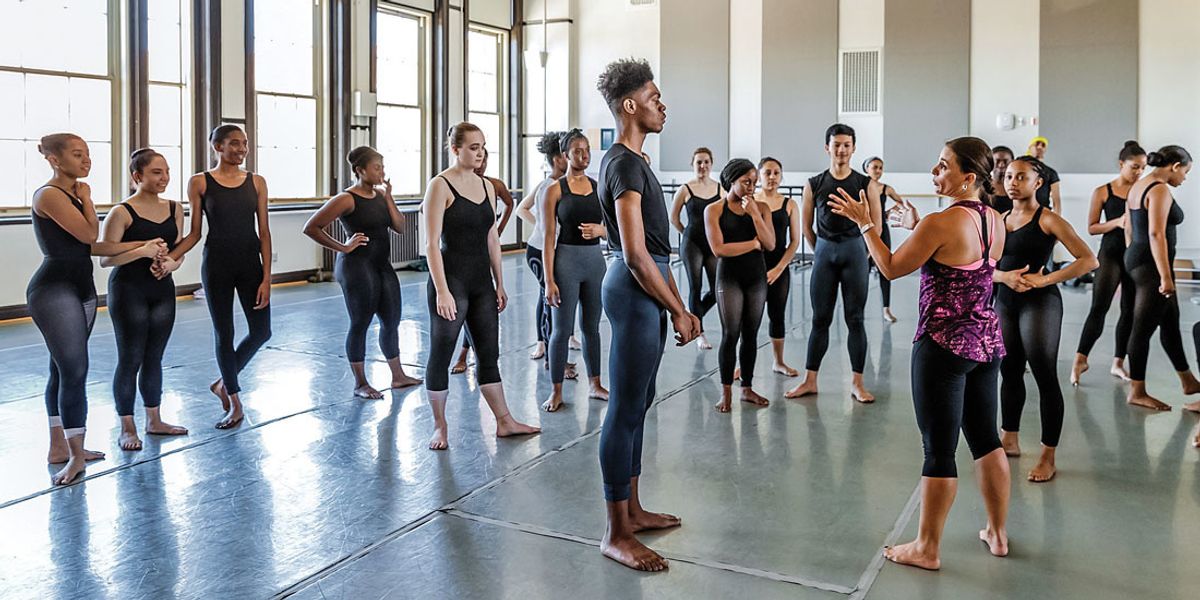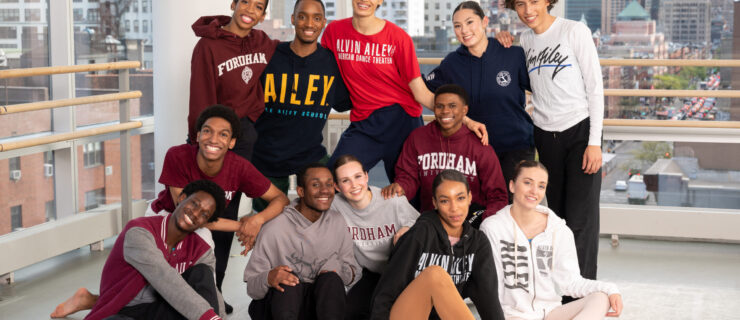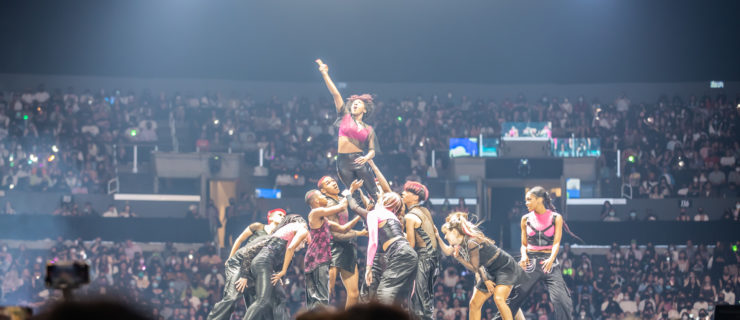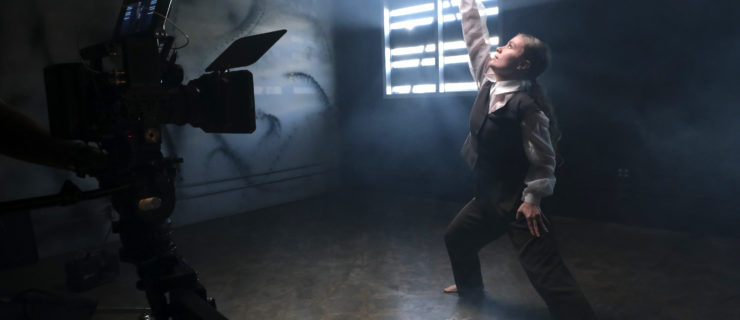7 Mistakes Dancers Make When Choosing a College Program
Choosing a college dance program is a super-high-stakes decision: You’re trying to set yourself up for career success, and you’re making a huge financial commitment. So it’s no wonder the process feels rife with pitfalls. Here are the seven biggest mistakes dancers make in their quest for the perfect school.
Skipping the Campus Visit
This is the biggest mistake a dancer can make, according to Dr. Heather McCowen, a postsecondary counselor at the Chicago High School for the Arts. “Many students attend remote auditions in big cities or send in videos with their applications,” she says. “But there’s nothing better than visiting campus. And dance is one of the few arts disciplines where you’re typically welcome in a technique class as a prospective student.” In the studio, you’ll get a sense of the teachers’ styles and what the facilities are like.
Of course, visits get expensive. “It’s fine to just visit your top two or three once you’ve been admitted,” says McCowen.
Not Attending a Performance
You can look at photos or videos on the website, research the faculty’s choreographic influences, and pick apart the curriculum, but “performances give you a direct understanding of what type of movement you’ll be doing,” says Merry Lynn Morris, assistant director of the dance program at University of South Florida College of the Arts.

Chapman University Students in their Spring Dance Concert (courtesy Chapman University)
Only Having Eyes for Big-Name Schools
It’s all too easy to focus on the top-ten lists or programs with a lot of star power, says Greer Reed, dance department head at the Chicago High School for the Arts. “Yes, those programs are connected to excellence, but do you know anything else about the school?” Reed says. “Is that the kind of dancer you want to be?” Getting dazzled by prestigious programs may mean you’re overlooking a school with only slightly less cachet. “Think about all the programs with faculty members who went to Juilliard or Fordham and can pass along those benefits, but at a school that’s a better fit for you in other ways,” says Reed.
Underestimating the Impact of Size or Location
Don’t fall in love with a dance department and ignore other basics about the school, especially its size or location. “We have a small program within a big school, and some students are just not prepared for the environment,” says Morris. Being close to home can have unforeseen consequences, too. Samuel DeAngelo, a recent graduate of Chapman University’s dance program, made going to a big school a priority after spending three years in junior college. But that meant commuting from home to make the finances work. “It took me a while to find my community,” he says.
Not Following Your Own Unique Path
Sometimes dancers let the opinions of teachers, parents, or friends carry too much weight. “I see a lot of students who know where they want to go but feel like they should go to another program to make Mom happy or follow a friend,” says McCowen. If you have a mature, reasoned argument for your top choice, your parents and/or friends will probably come around.
Finances are also a critical piece of the puzzle, but a good scholarship shouldn’t be the primary reason you choose a program. “Sometimes students are drawn by a scholarship to a school they really don’t want to go to,” McCowen says. “I’m not surprised when those students transfer.”

Dancers in modern class at University of South Florida (Danielle Boe, courtesy USF)
Staying Mum on Your Other Interests
Some dancers are so focused on talking up their dedication to dance that they forget to mention their passions outside the studio. That might mean missing out on valuable information from the dance faculty. “These are your potential mentors, who can facilitate your path,” says Morris. But they can only do that if they know you’re also intrigued by, say, sociology, or medicine. “Many schools have hybrid programs that fuse dance with other academic areas, and those options could change the game for you,” Morris says.
Specializing Too Soon
Keep in mind that your career aspirations may change the more you’re exposed to different styles and artists. “Selecting a program a little outside your comfort zone will allow you to grow,” DeAngelo says. “I thought I wanted to be a commercial dancer, but I eventually found myself on the modern side.” Now, as a working artist, he’s glad he chose a program that could support his expanding interests.




